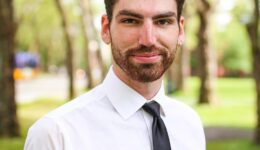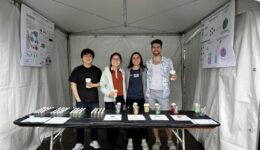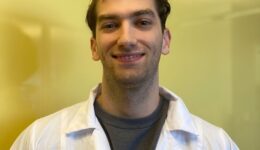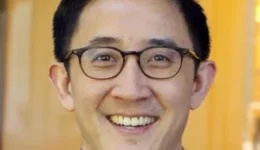Dr. Gabe Kwong is the first faculty member at Georgia Tech to be awarded the prestigious NIH Director’s Pioneer Award! This award is the NIH’s largest grant in the High-Risk, High-Reward Research program and will provide LSI $5.5 million over the next five years to, in the words of Dr. Kwong, “develop a living sensor – immune cells that can traffic through the body and act as a long-lived pool of sentinels.” Read more below about LSI’s exciting new project, titled “Finding Sleeping Beauty: T Cell Biosensors for Dormant Cancer Detection”:
Summary | Some types of cancers, such as estrogen receptor positive breast cancer, can recur as metastatic disease many years or even decades following a dormancy period where the patient displays no clinical symptoms. Currently, there is no widely used method to monitor the dormant state nor its reawakening. The arrival of cancer immunotherapy has revealed exciting possibilities using engineered T cells as living medicines to achieve striking responses in patients with cancers that were previously untreatable. This moment is an opportunity to not only build a future where T cells are engineered as therapies, but also as living sensors that can detect cancer with sensitivities and specificities beyond what is currently possible. This project seeks to engineer T cells as ultrasensitive biosensors to detect dormant cancer and when they reawaken by amplifying the release of synthetic biomarkers (blood, urine and imaging) for detection. These technological breakthroughs will have huge implications in understanding how and when dormant cells reawaken and guide therapeutic interventions at the earliest stages of reactivation.
Press Coverage | Georgia Tech College of Engineering “A Record Four Researchers Win NIH Director’s Awards” | Georgia Tech Biomedical Engineering “Kwong using NIH Director’s Pioneer Award to Develop Living Biosensors”






